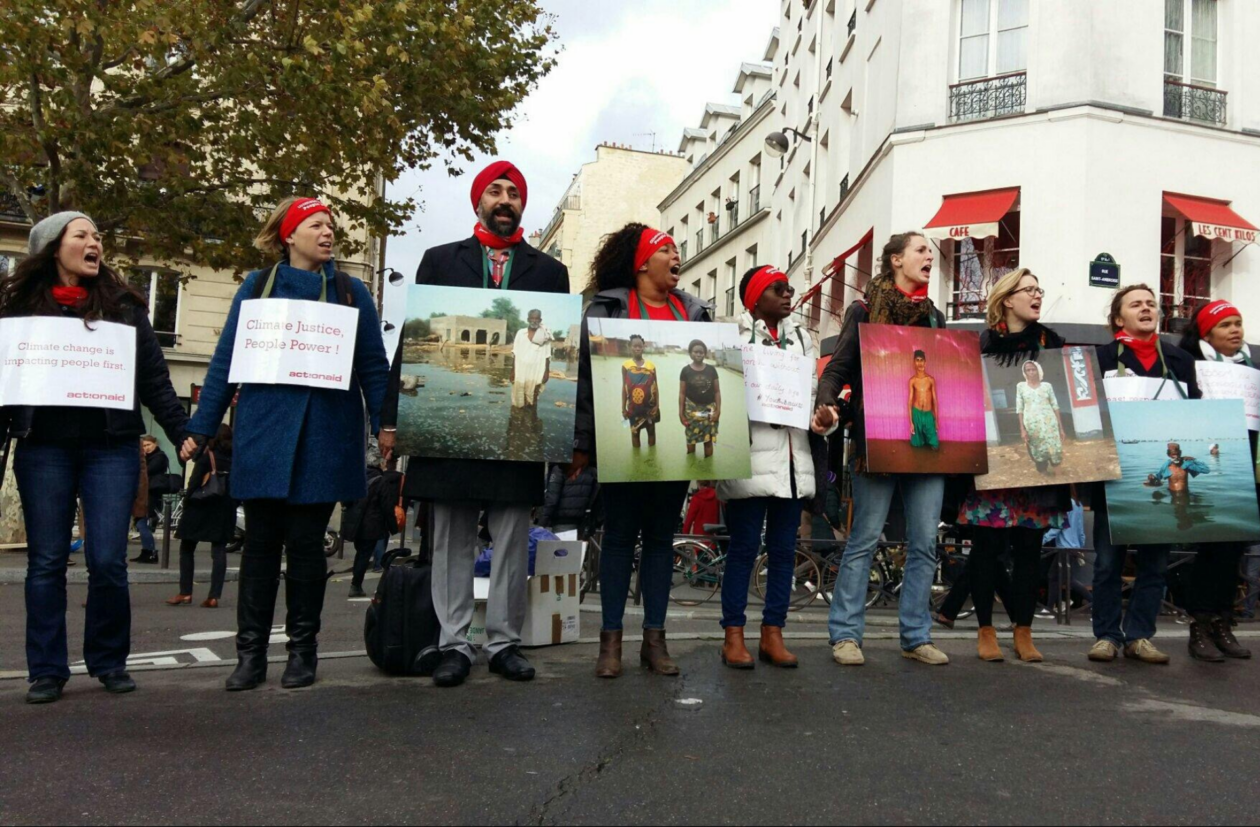My Journey as an Environmentalist of Colour
By Jasleen Mahal, Global Greengrants Fund UK Philanthropic Partnerships Assistant

To me, the physical environment is a formidable yet incredibly beautiful place, giving life and refuge to the animals and humans that depend on it. So when I first found out about climate change and the impending threat it poses to all living beings, I knew I had a calling in life.
What didn’t occur to me was how my experience with climate change would be incredibly different from my white counterparts. Surprisingly I’ve had to unlearn a lot of my conditioning and childhood schooling, particularly as I’ve developed my own identity as an environmentalist of colour.
Once of the hardest realisations was when I was taught about overpopulation as the largest driver of global warming, in terms of greenhouse gas production and natural resource extraction. This theory, which has even inspired political legislation such as the One Child Policy in China, does not encapsulate the entire issue. However in hindsight, what I found deeply disturbing was that the majority of the case studies I learned centred much on the high birth rates in countries in the Global South. You can imagine how impactful this impression would be on a person of colour, and for the longest time I genuinely believed that overpopulation was our biggest threat, with those most at fault being black and brown people.
While studying geography at university, I began to learn about global systems and the inequalities that exist between the Global North and the Global South in all social, economic and environmental facets. The systematic extraction of resources from the Global South to feed the unsustainable consumer culture of the richer Global North explains far better where the problem lies in regards to climate change. I couldn’t help but notice that these systems seemed to echo the ones that existed during colonialism, where people of colour were routinely exploited, their livelihoods diminished, their environments destroyed, all for profit.
This realisation fuelled a crippling identity crisis due to my British Punjabi heritage. I understand that I have much privilege living in the UK, being able to speak openly about climate change and injustice without fear of being prosecuted or targeted by the government. But by caring about these injustices I felt incredibly conflicted and guilty as if I was being ungrateful to have the life I am able to live. What was worse was being one of three people of colour in my degree, I felt really alone during this struggle.
However, I eventually decided to put my privilege to good use and fight for what is right. As I’ve continued to develop and apply my identity and understanding of this world within the climate movement, I’ve come to realise the interconnected nature of this issue. I’ve learnt that women of colour are disproportionately impacted by climate change due to social constraints that exclude them from important decision-making. I’ve learnt that Indigenous people are those with the potential to be most impacted by the extractive industries affecting their right to land.
Over time, it has become clear to me that climate change is intersectional in nature. And despite what I was taught in school, this is not a scientific issue; it is a social issue. It has everything to do with our attitude as a global society as much as it is to do with our desire to protect the environment.
This is why Global Greengrants Fund believes in supporting the communities who are the most vulnerable to climate change and who continue to fight bravely on the frontlines for their rights to a healthy environment and life. Global Greengrants Fund understands the interconnected nature of this issue and looks to provide support that is sustainable and effective for future generations to come.
I am incredibly proud and privileged to work for such a progressive organisation that believes in inclusivity and diversity within this issue, and to be able to exist in my full identity as an environmentalist of colour. This is a collective fight, and we must fight for all.
